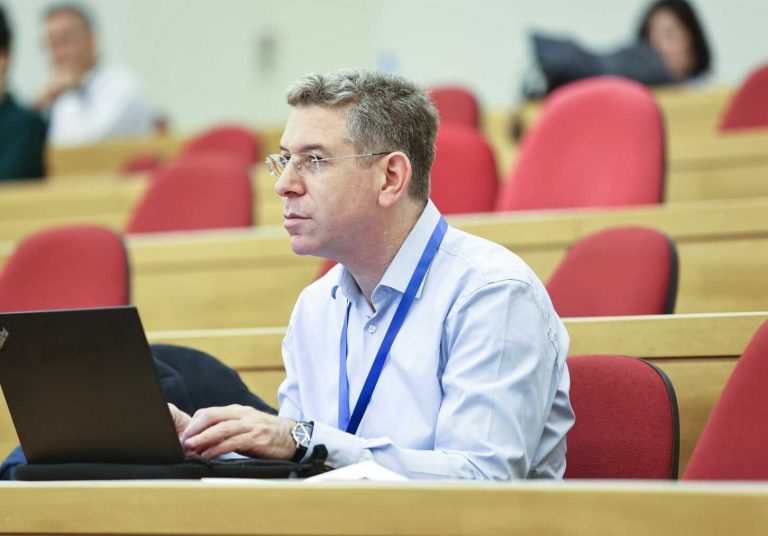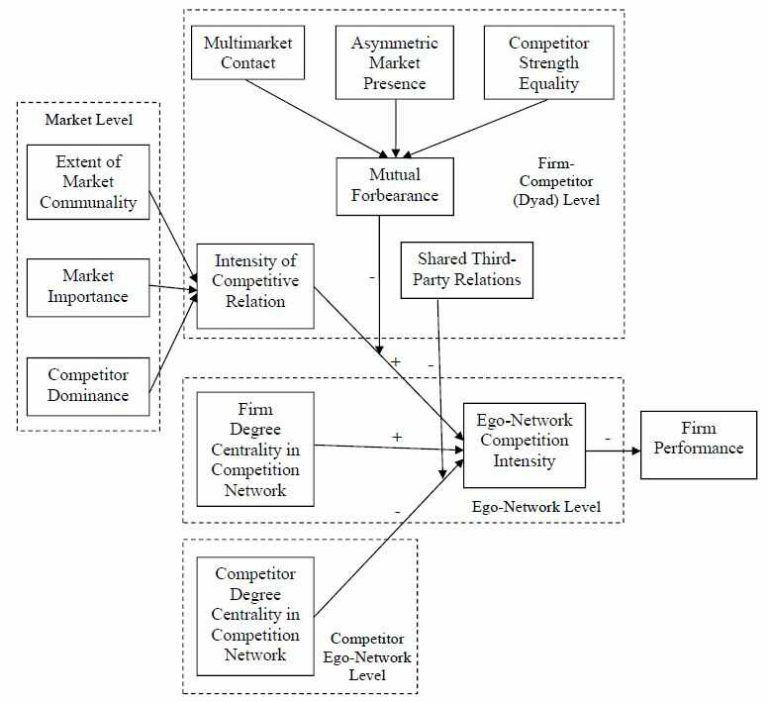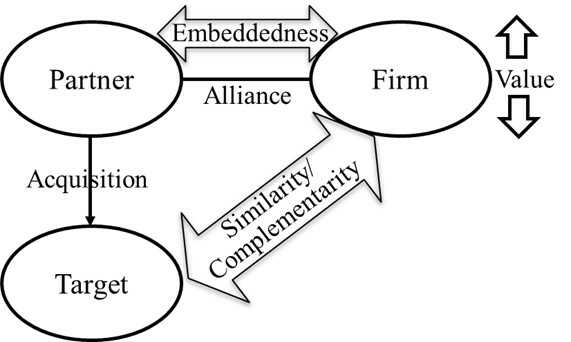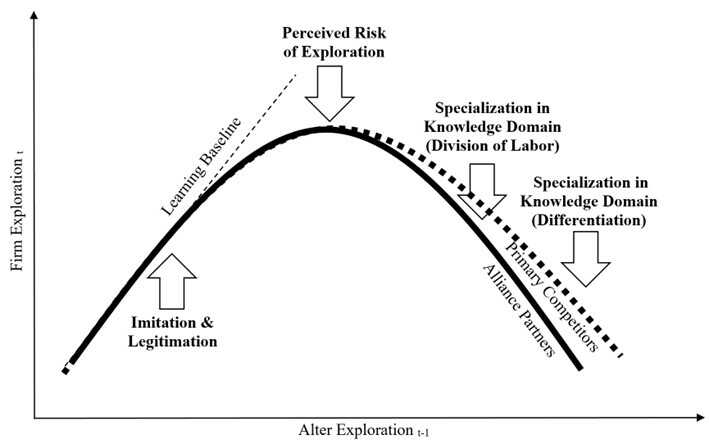Research
Lavie’s current research agenda brings together macro and micro perspectives to design a cooperative economy. This notion represents a radical shift in the way we think about economic exchange. In his recent book on the cooperative economy, Lavie contends that designing an economic system based on prosocial behavior rather than on opportunistic behavior can help cope with societal grand challenges such as economic inequality, domination of platform owners, loss of data privacy and free choice, overconsumption of natural resources, and some drawbacks of globalization. His core idea is that economic exchange should be confined to communities that exclude opportunistic actors, accept consumption and profit limits, while setting prices based on consumers’ available income. This can support price subsidization and the fair redistribution of value in the ecosystem while giving priority to societal values. Lavie is currently running field experiments to test the application of this novel economic system.
Lavie’s earlier research has centered on the notion of cooperation, raising two fundamental questions: how do portfolios of alliance relations evolve? and how does the configuration of alliance portfolios influence value creation and capture? His research in the information technology sector reveals how technological advancements guide firms’ strategic decisions, which shape the composition of partners and the nature of alliance relations. He has further examined how software firms balance tendencies to explore new knowledge versus exploit established knowledge in their alliance portfolios, arguing that the ability to absorb knowledge and inertia impose conflicting pressures, but firms balance these tendencies over time and across domains. In subsequent research, he demonstrates how firms balance exploration and exploitation across modes of operation, such as alliances, acquisitions, and internal product development, which enhances their performance. He has recently demonstrated that powerful risk-prone CEOs can facilitate exploration in product development, especially under competitive pressure as long as their firms have not already engaged in excessive exploration. A firm’s exploration tendency is also shaped by the tendencies of its alliance partners and competitors, especially under uncertainty, but less so when their tendencies are incoherent. Lavie also shows how the interplay of internal resources and network resources of partners contributes to knowledge creation and application in emerging industries, such as nanotechnology.
Lavie’s primary research stream has focused on value creation and capture in alliance portfolios. He contends that in networked industries and ecosystems, the nature of relationships matters more than the nature of firms’ resources and that firms can reconfigure their resources following technological changes and by learning from performance feedback. He demonstrates how network resources contribute to firm performance unless partners enjoy strong bargaining positions. This disadvantage can be alleviated, however, when the firm facilitates competition among its partners. In related studies, Lavie further reveals how the composition of partners in the alliance portfolio matters, for instance, by considering partners’ countries of origin and strategic and organizational differences. The value created by the firm’s alliances also depends on its dedicated alliance function whose contribution is enhanced with general partnering experience but declines with partner-specific experience. In a recent study, Lavie demonstrates that when the firm’s partner acquires a target in the firm’s business domain, the value of its alliance with that partner declines, but such value can be enhanced when the target operates a business complementary to that of the firm. Lavie is currently studying the corresponding implications of alliance formation by the firm’s partners. Besides alliance portfolios, he has studied multi-partner alliances, such as the Wi-Fi Alliance, in which firms can benefit by timing their entry to the alliance, deciding on their level of organizational involvement and participating in competing alliances.
Overall, this research enhances understanding of how alliance portfolios promote value creation and capture and how they balance exploration and exploitation. It also informs emerging research on the interplay of competition and cooperation in interfirm relations. More recently, Lavie has introduced a theory of competition networks that parallels social network theory in explaining the performance implications of the structural and relational aspects of competition. He has also ventured into research that examines the implications of financial misconduct by the firm’s industry peers and the negative sentiment following the appointments of outside versus inside CEOs. In his recent research, he focuses on the emergence of innovation ecosystems, and on explaining how the public sentiment for a platform ecosystem leader affects the engagement of various stakeholders with its platform.




